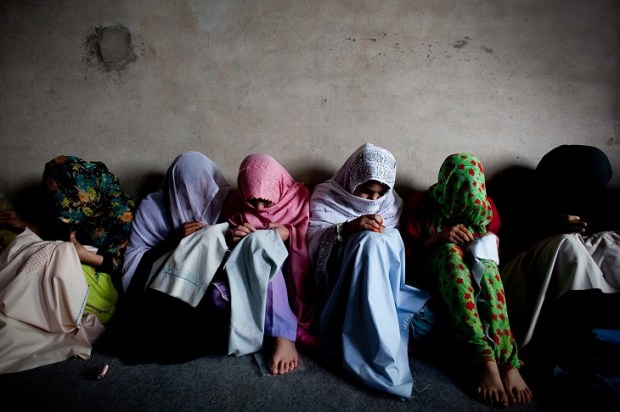Canada’s government has been tussling with the idea of providing voluntary euthanasia for those with mental health issues.
This poses the threat of making suicide medically practised, and therefore a normalised solution to one’s mental ill health.
In 2022, 1 in 6 Australians reported having serious thoughts about taking their own life.
And among those at risk, the most vulnerable demographic is aged 15-24, with suicide currently making up 34 per cent of all deaths in this particular bracket.
Studies show that one of the largest factors contributing to young people’s ill health is social media usage.
Canadian research showed that the frequency of one’s social media and instant messaging usage was linked to an increase in mental illness, eating disorders, and suicidal ideation.
This is crucial, as our social media consumption is becoming more frequent and instantaneous, we must understand that mental illness is not likely to subside, and if anything, it will likely keep rising.
The question of how we can fix this issue is one few, if any, could answer with conviction.
Solutions are so incredibly subjective, with many different means of solving many complex and individual problems, our methods for attempting to reduce the numbers of those struggling at worst dying from mental illness will inevitably differ based on our lived experience.
Until recently, I assumed that the one common denominating belief is that we, as a society, should do everything that we can do to help those at risk, and take all reasonable precautions to prevent, the worst from happening (being suicide).
However, it seems that even this can’t be a universal belief.
And there are educated, influential persons that support making suicide an accessible medical practice through voluntary assisted death.
The moral debate around voluntary assisted dying is not new. It is one of the most complex philosophical discussions that sends many down a spiral, wondering to what extent, if ever is euthanasing someone ethical.
Since 2016, Canada has allowed voluntary assisted dying for those suffering terminal illnesses. This was expanded in 2021 to include those suffering from a serious and chronic physical condition.
In 2021, voluntary assisted dying made up 3.3 per cent of Canadian deaths.
However, the legislation is looking to be expanded again to make the treatment available to those suffering from mental illness, which could be implemented in just a year from now.
Although voluntary assisted euthanasia has always been contentious, this expansion creates a completely different argument.
It no longer becomes the argument of ‘assisting someone to die’, meaning someone that has a terminal illness, and euthanasia is providing a death that was ending the suffering of a terminally ill patient.
An individual struggling with mental illness is by no means in a ‘terminal’ condition. It is no longer ‘assisted death’; it is euthanasing someone as young as 18 that could have a whole life ahead of them.
Without sugarcoating it, it is allowing, funding, and normalising suicide.
Putting the broader issue of voluntary assisted euthanasia as a moral debate aside, there is no reasonable argument to defend a government’s decision to encourage and fund suicide.
But alas, a large group of Canadians and international onlookers support this extension to euthanasia provisions despite suicide being one of the greatest tragedies in our society.
As a parent, child, friend or partner it is one of the most horrific things to go through.
This acute pain that loved ones go through should not be occurring any more than it already is.
One must ask ‘why would anyone support a means of increasing these tragic cases?’
It seems as though this proposed extension is the Canadian government throwing in the towel on the mental health fight, and any faith in our generation overcoming our mental health adversities.
Those young and at risk deserve, if nothing else, the bare minimum, which is being told that they are more than their darkest demons, and that their struggle against mental health is one they can overcome, not one they should give up on.
To think that governments like Canada’s do not support this sentiment is a devastating indictment on how everything, even the sanctity of human life, is up for grabs in a toxic race for political points.
Giving those in need a quick-fix, and deadly, way out is an appalling excuse for a solution.
By making this decision, we give primacy to people’s darkest thoughts and in doing so, create a world of pain and suffering for the many that would be impacted by it.
As stories of those that have survived suicide attempts show, sustainable and repeatable levels of contentment and happiness can be found. A love and gratitude for life can be found.
As a society, let us all scream this message from the rooftops and re-instill hope in those that may not have it in themselves right now.
And let’s not tell them that their life is not worth living. That would be insidious, demonic, and devoid of any credence in our generation’s ability to overcome the ‘mental health pandemic’.
We all deserve better.

























